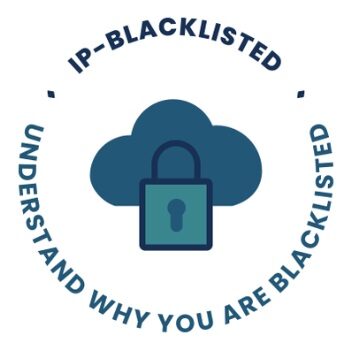Spamming refers to the practice of sending unsolicited or unwanted messages, often in bulk, to a large number of recipients. These messages can take various forms, including emails, text messages, and social media posts, and their purpose can range from advertising products or services to spreading malware or phishing scams. Spamming can have significant consequences for both individuals and organizations. For instance, it can lead to a decrease in the quality of online traffic, as a large portion of clicks on search results may come from bots or automated scripts rather than human users. This can make it more difficult for businesses to reach their target audience and measure the effectiveness of their online marketing efforts.
Moreover, spamming can also contribute to the rise of echo chambers, which are online environments where users are exposed primarily to content that reinforces their existing beliefs and values. This can lead to a narrowing of perspectives and a decrease in the diversity of ideas and opinions, which can have negative consequences for both individuals and society as a whole. For instance, echo chambers can contribute to the spread of misinformation and the polarization of political discourse, making it more difficult to find common ground and solve complex problems.
From a technical perspective, spamming can be seen as a violation of network etiquette and a misuse of network resources. It can also be a criminal offense, as some forms of spamming, such as phishing and identity theft, are illegal under various jurisdictions. To combat spamming, various measures can be taken, including the use of filters and blocklists, the implementation of anti-spam laws and regulations, and the development of best practices for email and social media marketing.
In summary, spamming is a widespread problem that can have significant consequences for online traffic, echo chambers, and network security. It is important for individuals and organizations to be aware of the risks associated with spamming and to take appropriate measures to prevent and mitigate its impact.
Citations:
[1] https://sparktoro.com/blog/less-than-half-of-google-searches-now-result-in-a-click/
[2] https://edisciplinas.usp.br/pluginfile.php/1744009/mod_folder/content/0/Marketing%20Theory%20A%20Student%20Text%20-Michael%20Baker%2C%20Michael%20Saren%202nd%20Edition.pdf?forcedownload=1
[3] https://www.academia.edu/44644318/The_myths_of_the_Black_Pill_A_digital_ethnography_in_the_incel_world
[4] https://www.coursesidekick.com/sociology/660201
[5] https://claylane.uk/thinkandspeak/?title=honeycomb-game
